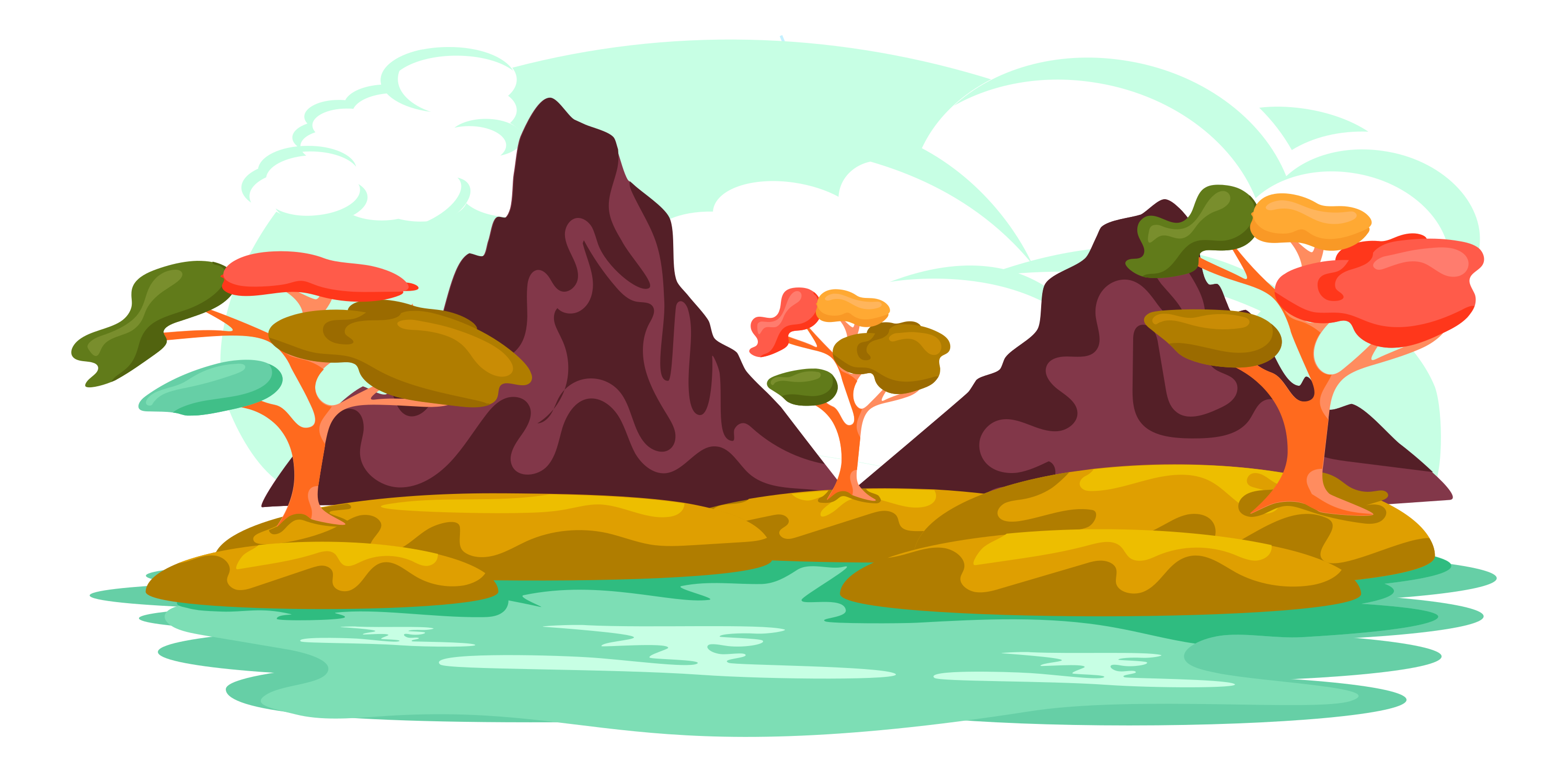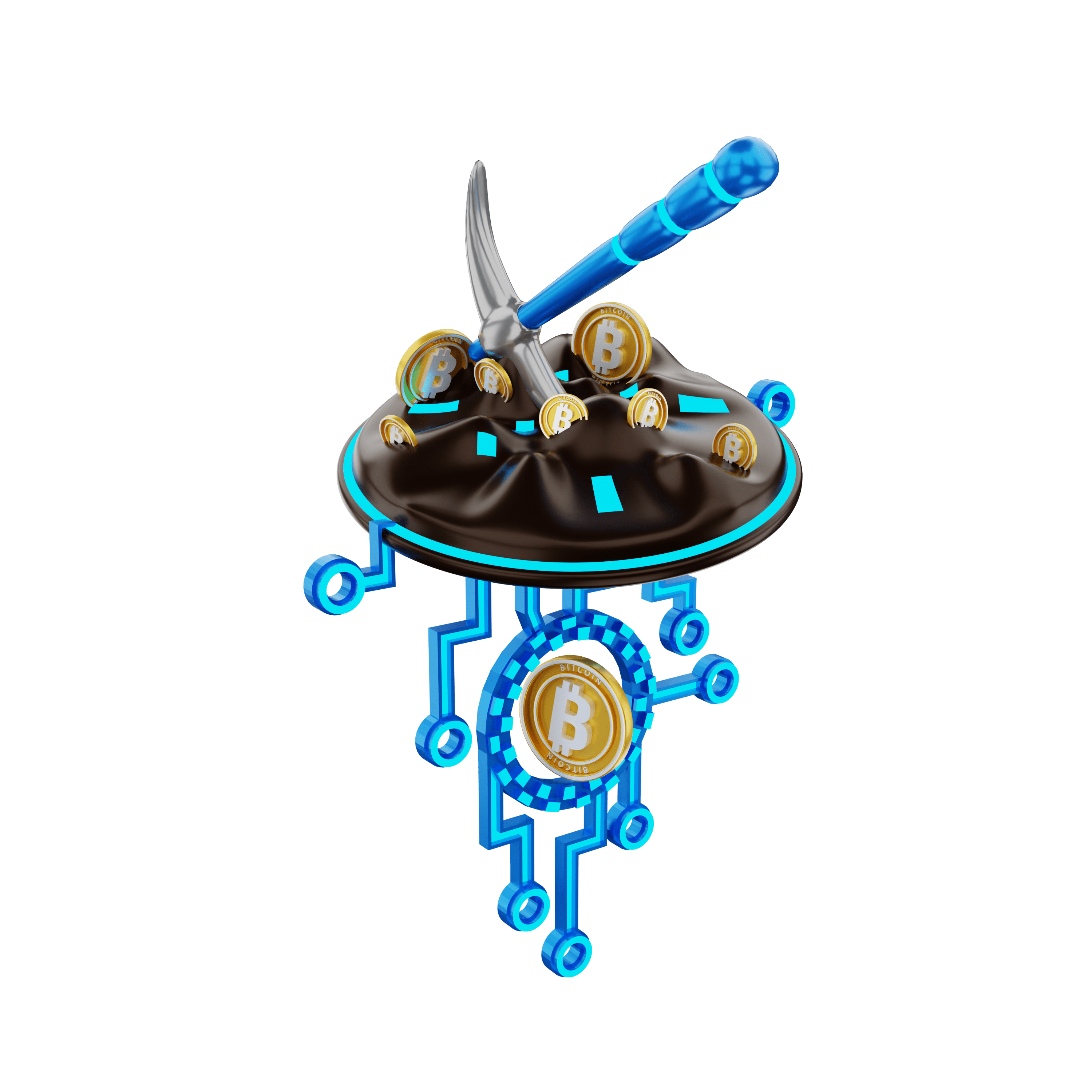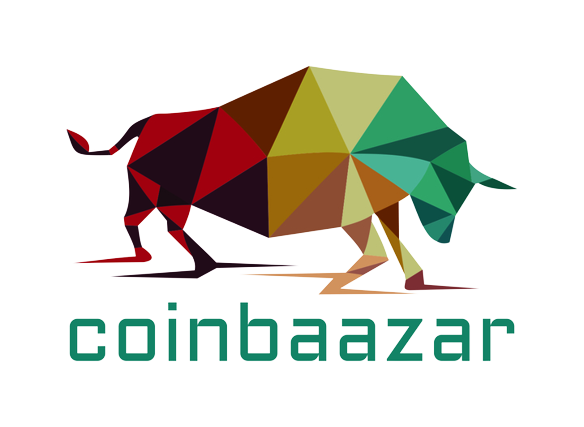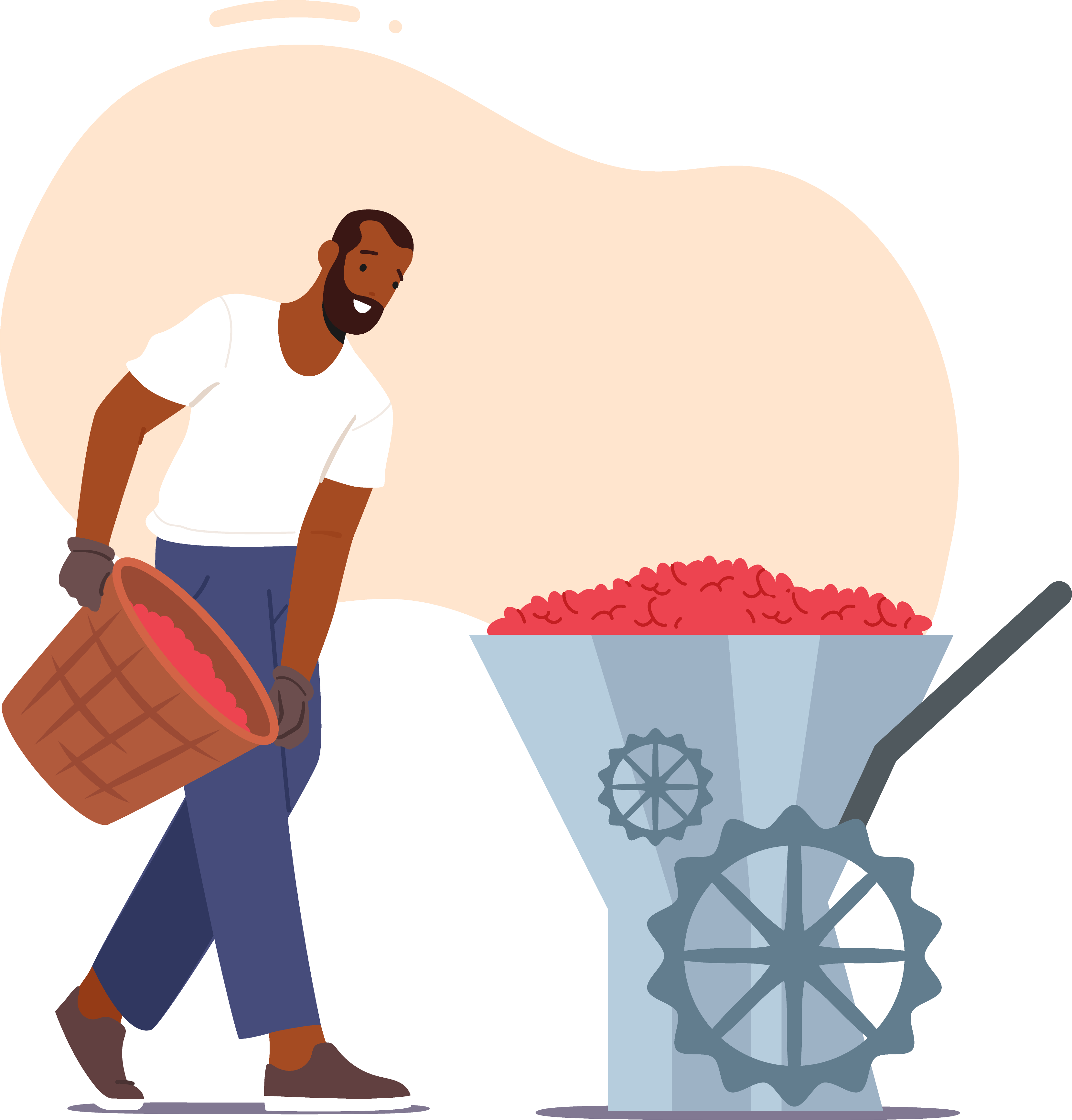Visit the Guatemalan Lake Town for Bitcoin Mining with used Cooking Oil
In Guatemala, a town is trying to clean up its lake by giving used cooking oil to bitcoin miners. This idea came from El Salvador’s Bitcoin Beach.
Inspired by El Salvador’s Bitcoin Beach, a Guatemalan town is attempting to clean up its lake by diverting used cooking oil to bitcoin miners.
In Guatemala, a circular bitcoin economy is using resources that would otherwise go to waste to power a local bitcoin mining operation. This gives locals financial independence and shows that there are viable economic paths outside of the government-controlled economy.
Patrick Melder, MD, founder of the “Bitcoin Lake” circular economy, told Bitcoin Magazine that its “Kaboom” bitcoin mining project arose from a desire to help clean up nearby Lake Atitlán while also providing a source of continuous income to the community.
“We don’t have any major endowment or donations to do what we’re doing,” he said, emphasizing the stark contrast with El Salvador’s Bitcoin Beach, which was partially funded by a donation. “Bitcoin mining was a method of bringing bitcoin into the community.”
Many previous attempts to clean up the lake have failed due to the flaw of attempting to solve everything at once. An overhaul approach, according to Melder, increases complexity and reduces the likelihood of completion.
“Within the last five years, a large effort to clean the lake that cost upwards of $300 million failed because it was so complex with so many large stakeholders who couldn’t agree on a solution,” he added.
Bitcoin Lake took a different approach. They started out small by using used cooking oil to power the ASICs that mine bitcoin.
“This cooking oil would either end up in the street or at the landfill, which is several hundred feet above Lake Atitlán,” Melder explained. “In any case, it would make its way into the watershed and the lake.”
Melder hopes that by launching this initiative, he will start a snowball effect in neighboring communities that will show that cleaning up the environment is not only feasible but also profitable.
“All community leaders and lake residents are concerned about the environment, but there are few tools and resources to address the issue.” So our goal is to develop a “sliding scale” use of wasted/stranded energy to mine bitcoin while also cleaning the lake and creating wealth in the communities. It’s a sliding scale because in a small community, we might just have a ‘Kaboom-like’ project or small bio-digesters collecting waste.”
The Bitcoin Lake is gradually amassing ASIC machines that generate a consistent stream of bitcoin income by repurposing resources that would otherwise be wasted and end up in the local lake. (Bitcoin Lake photo)


Mining & Beyond
Melder used to take his family to Panajachel, Guatemala, every summer during his daughters’ undergraduate school years, but those trips to the Central American country ended when they graduated from college. On the other hand, Melder and his wife kept looking for ways to return. It wasn’t long before he learned about Bitcoin Beach in El Salvador, which inspired him to return to Panajachel and launch Bitcoin Lake.
In a 2021 blog post outlining his project vision, he wrote, “My desire was to bring the Bitcoin Beach model to Panajachel, which is a beautiful town on Lake Atitlán in the Guatemalan highlands.”
As Melder detailed in that blog post, in addition to cleaning up the lake, the other goals that Bitcoin Lake would set out to achieve from the start include assisting a local education centre and creating economic opportunities for the “small but vibrant Guatemalan town.” Since then, Bitcoin has dominated the project’s efforts.
“Everything we do in the community revolves around bitcoin.” Melder told Bitcoin Magazine, “It is either funded by bitcoin, teaches about bitcoin, or is taught or implemented by bitcoiners.” “Our three community goals are to teach about bitcoin, to build a bitcoin circular economy, and to clean the environment using bitcoin mining as an economic incentive.”
While Bitcoin Lake is focusing on the latter, the other two objectives are not being neglected. In terms of education, the project has assisted in the introduction of Bitcoin-related coursework to the local education center, Centro Educativo Josué.
“The children are taught about every aspect of Bitcoin, from ‘what is money?,’ ‘what is inflation?,’ ‘why bitcoin was created,’ to the fundamentals of bitcoin mining, setting up a bitcoin full node, and so on,” Melder explained. “We are proud to say that we have been doing this since January 2022, developing our own curriculum along the way, and we’ve had Bitcoiners from all over the world come and assist.”
Melder said that the work that began at the local school has since spread to a broader audience in the town in an effort to help people of all ages learn more about the world of peer-to-peer digital money.
“We’ve held bitcoin educational meetings in the community for adults and business owners, and we’ve tried to include indigenous community leaders as well,” he said.


Adoption is facilitated by a better understanding of the technology because users and business owners are not caught off guard or coerced into using bitcoin. Rather, a natural movement begins.
“Since we started in January of this year, we’ve onboarded over 60 businesses in and around Panajachel, and we have about 200 businesses in Guatemala overall that accept bitcoin,” Melder explained.
As Bitcoin’s popularity grows and adoption grows, the community plans to expand its initiatives. Melder wants to improve the repurposing of wasted and unused resources so that the community can make more steady money and the lake can be cleaned up more quickly.
“Our environmental cleanup/Bitcoin mining initiative is still in its early stages, but we expect to be able to take unsorted landfill waste (new or old) and turn it into a clean energy source to mine bitcoin in about a year,” Melder predicted. “We are collaborating with a group from the United Kingdom to bring this to fruition, and it will have a significant impact in Panajachel and Guatemala because we now have an economic incentive to clean up the massive waste problem that exists in Guatemala and most developing countries.” We are excited to be the first to market with this technology. “

